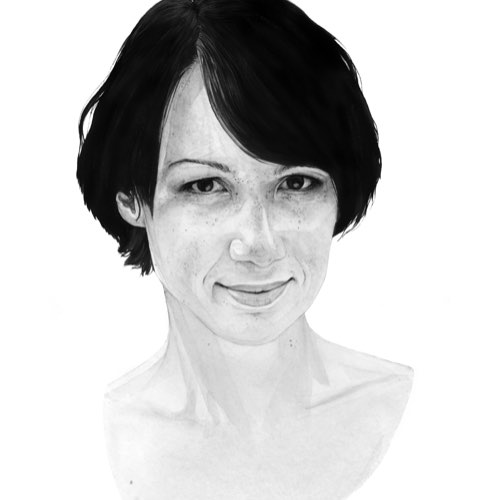French President Emmanuel Macron must have been mistaken when he recently described nationalism as the leprosy spreading across Europe – unless he meant it was really slow-moving, easy to treat, and harmless to everyone but a few. But I don’t think he did mean that.
I think that, like most people, he doesn’t understand the disease. He probably just thinks that ‘leprosy’ is shorthand for ‘biblical curse’. But that’s a problem. Because despite being well understood by people in the medical community who treat it, leprosy – or to give it its correct name, Hansen’s disease (HD) – is so misunderstood by many people that comments like Macron’s reinforce the fear of the unknown, and destroy lives that could otherwise be saved with a simple antibiotic.
I grew up surrounded by leprosy from the time I was six, but I’ve never had it. In fact, no one in my family has. It’s really hard to catch. Ninety-five per cent of the population is immune, and the biological organism that causes it, Microbacterium leprae, is slow to move from one susceptible person to another. As I mentioned, it’s also treatable. The cure was found in 1943, at the hospital my dad worked at in the second half of his career.
Read more:
- If 95 per cent of the Aztecs were killed by European diseases, why weren't Europeans killed by Aztec diseases?
- Can my immune system fight disease without me realising?
Dad was a tropical disease specialist. He met my stepmother at the US government’s National Hansen’s Disease Center in Carville, Louisiana; she lived on the grounds with her son before she and Dad got married. She worked with patients who had the typical disabilities associated with the untreated disease, like clawed hands and feet, and facial disfigurement – all parts of the nervous system that M. leprae attacks. She touched people with HD every day. Dad worked directly with the bacterium. They never caught it.
And if they had, they would have been treated. It would have been a footnote in their medical histories, just like it is for BB, a woman I interviewed for a BBC World Service programme about the disease. BB was diagnosed as a teenager. Maybe what saved her is that she lived in Baton Rouge, which is 24km (15 miles) away from Carville. The doctor who looked at the funny rash on her ankle knew it might be Hansen’s because people there knew about it. She was treated. No more Hansen’s.
Further from the epicentre of Carville, Hansen’s is mostly known as a mythical illness, possibly sin-related. Many people – doctors included – think it doesn’t exist any more.
I interviewed Francis. He was in a wheelchair, and was severely disabled. A decade ago, he started having agonising pain in his hands and feet. He went to the hospital in Portland, where he lived. They had no idea what it was. He suffered for the next 10 years, as his able body was broken down by the ailment that no one in his city could diagnose. Three months ago he got the formal diagnosis and was transported for treatment to Baton Rouge.
The true curse of having Hansen’s disease is not spiritual in nature. It certainly isn’t medical. It is entirely social. And to beat it, we have to stop using words that are intended for powerful, political effect.
Aleks is a social psychologist, broadcaster and journalist. She presents the BBC Radio 4 programme The Digital Human.
Follow Science Focus onTwitter,Facebook, Instagramand Flipboard
